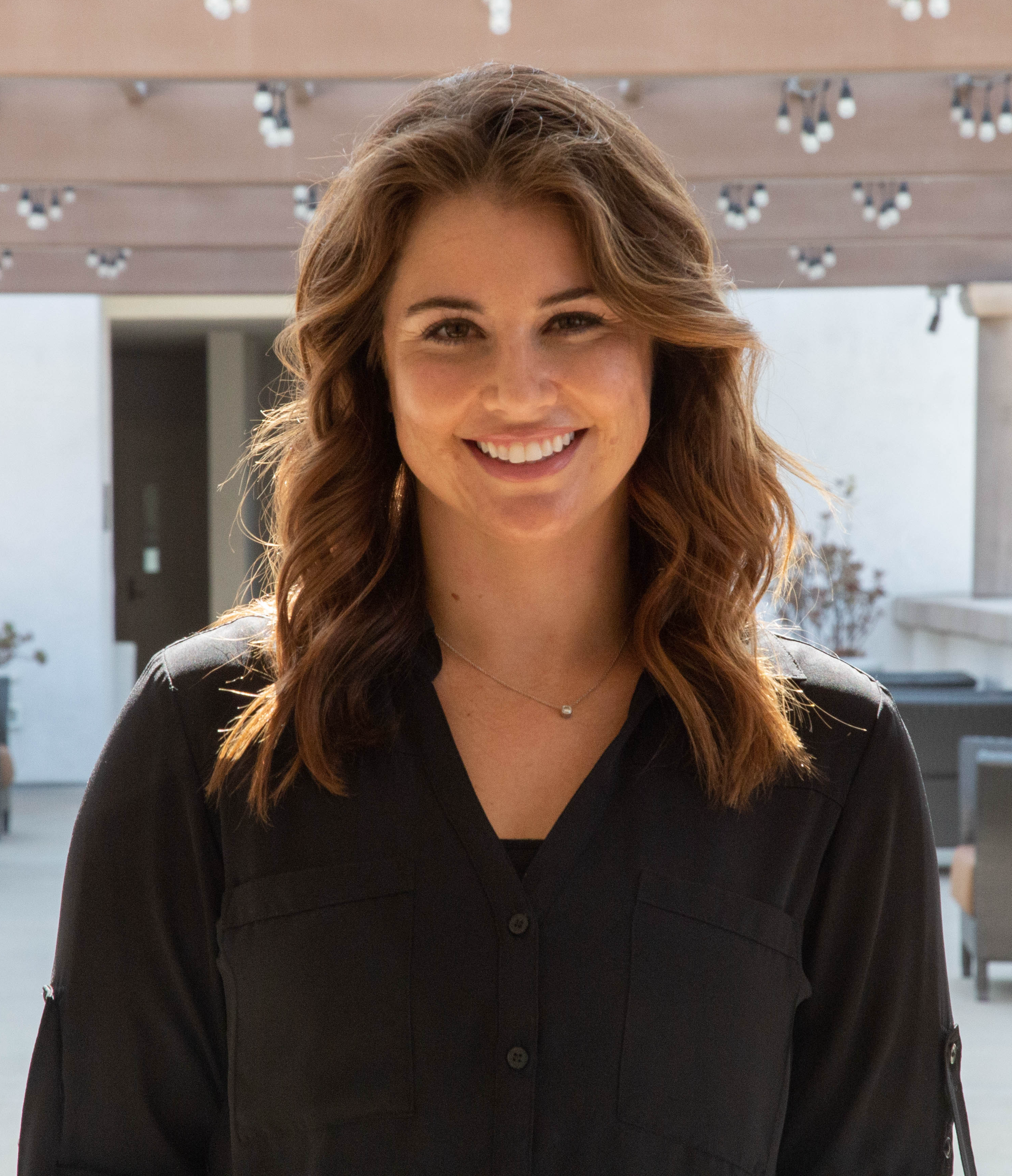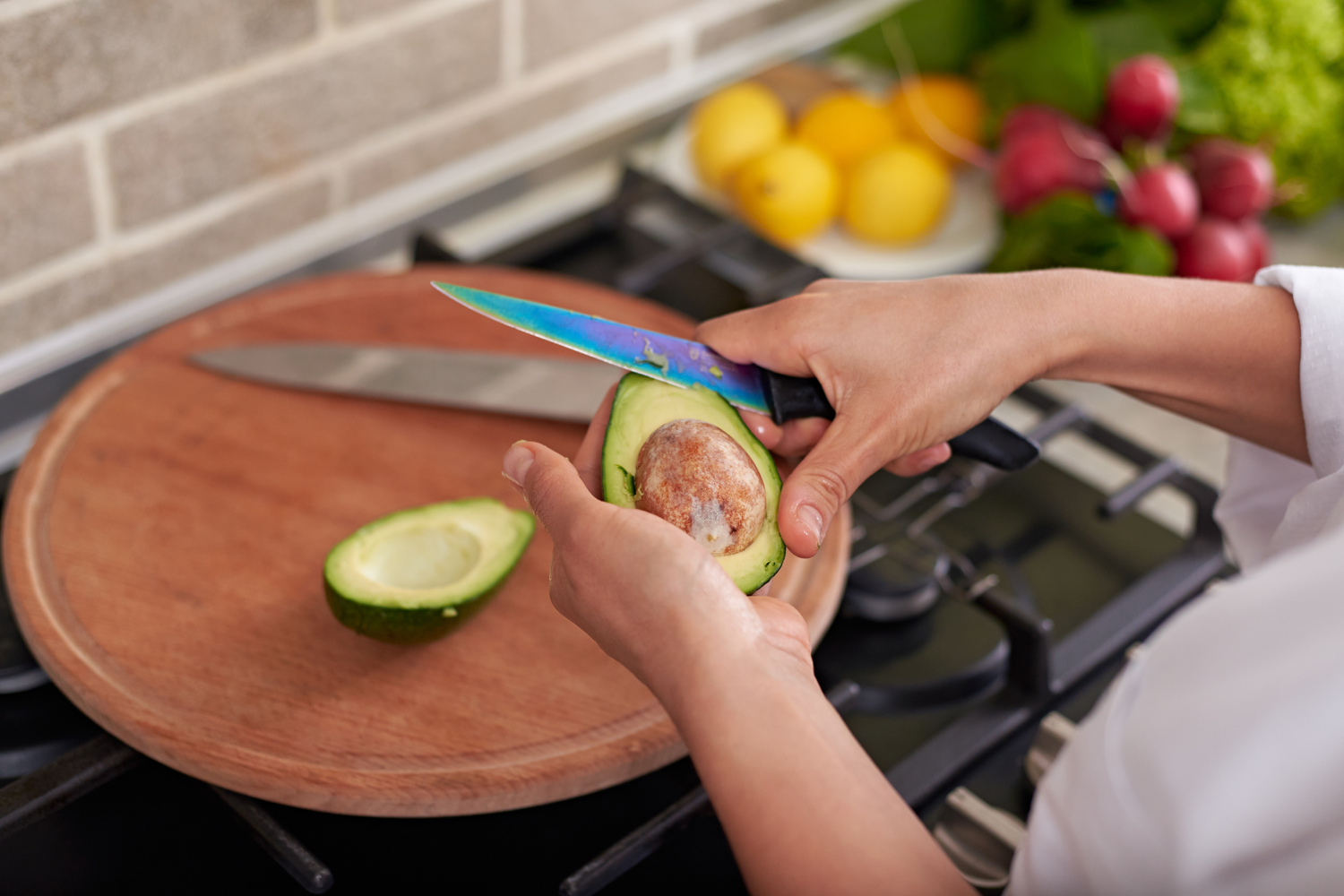I lost weight during my treatment. How should I gain it back in a healthy manner?

Alison Meagher, senior registered dietitian and board-certified oncology nutritionist at Scripps Cancer Center in San Diego
Regardless of your starting body mass index, unintentional weight loss can negatively affect your quality of life and treatment outcomes. When we don’t take in or absorb enough calories, the body breaks down its own muscle and turns it into energy needed to power essential organs, including the heart, lungs and brain. During treatment and in the months after, it may feel like a chore to get calories in. Remind yourself that every bite and every calorie has a purpose: to maintain and rebuild your strength.
The unintentional weight loss may have been caused by the cancer itself or your treatment and its side effects, including mouth sores, nausea and changes in the way food tastes. After treatment ends, some of these factors may resolve on their own, making it easier for you to eat normally and regain your weight and strength. Also, psychological factors can lead to decreased appetite and motivation to eat. Normally, food is fun and delicious, and we often socialize with other people around food. But during a cancer journey, it isn’t always like that. If you have a negative view of food, it may help to set realistic expectations for mealtimes.
According to U.S. dietary guidelines, adults typically should get between 1,600 and 3,000 calories each day, but your specific needs may vary. If you aren’t meeting or exceeding your body’s caloric needs, you won’t see weight gain and will prolong your recovery process. Think of it like debt. Just like you have to pay back money you’ve borrowed before you can build up any savings, you must consume enough calories to cover your body’s base needs before additional calories can fuel your recovery.
If you’re struggling to increase your calorie intake, eat small, frequent meals and snacks. Eating a little bit all day long takes the pressure off mealtimes. One of my patients called it ABC: “Always Be Chewing.” To sneak in calories, choose healthy high-fat foods, such as avocados, nuts, nut butters, oil, butter and high-fat dairy products. It’s the small changes each day that count. Adding half an avocado every day adds up over the course of the week.
If you don’t already have a registered dietitian or certified oncology nutritionist on your team, ask your health care provider for a referral. These specialists can give you and your caregivers tools to know what, when and how much to eat, even if you are still experiencing decreased appetite or other side effects, such as constipation or diarrhea. A dietitian can provide tailored recommendations based on your personal and cultural food preferences, financial concerns and other factors.
GAIN WEIGHT AND STRENGTH // Dana-Farber Cancer Institute offers a video about healthy weight gain during and after cancer treatment. // Memorial Sloan Kettering Cancer Center provides tips for managing weight after treatment, including strategies for getting enough calories.
The expert’s response was edited for clarity and based on an interview with Kendall K. Morgan.
Cancer Today magazine is free to cancer patients, survivors and caregivers who live in the U.S. Subscribe here to receive four issues per year.





